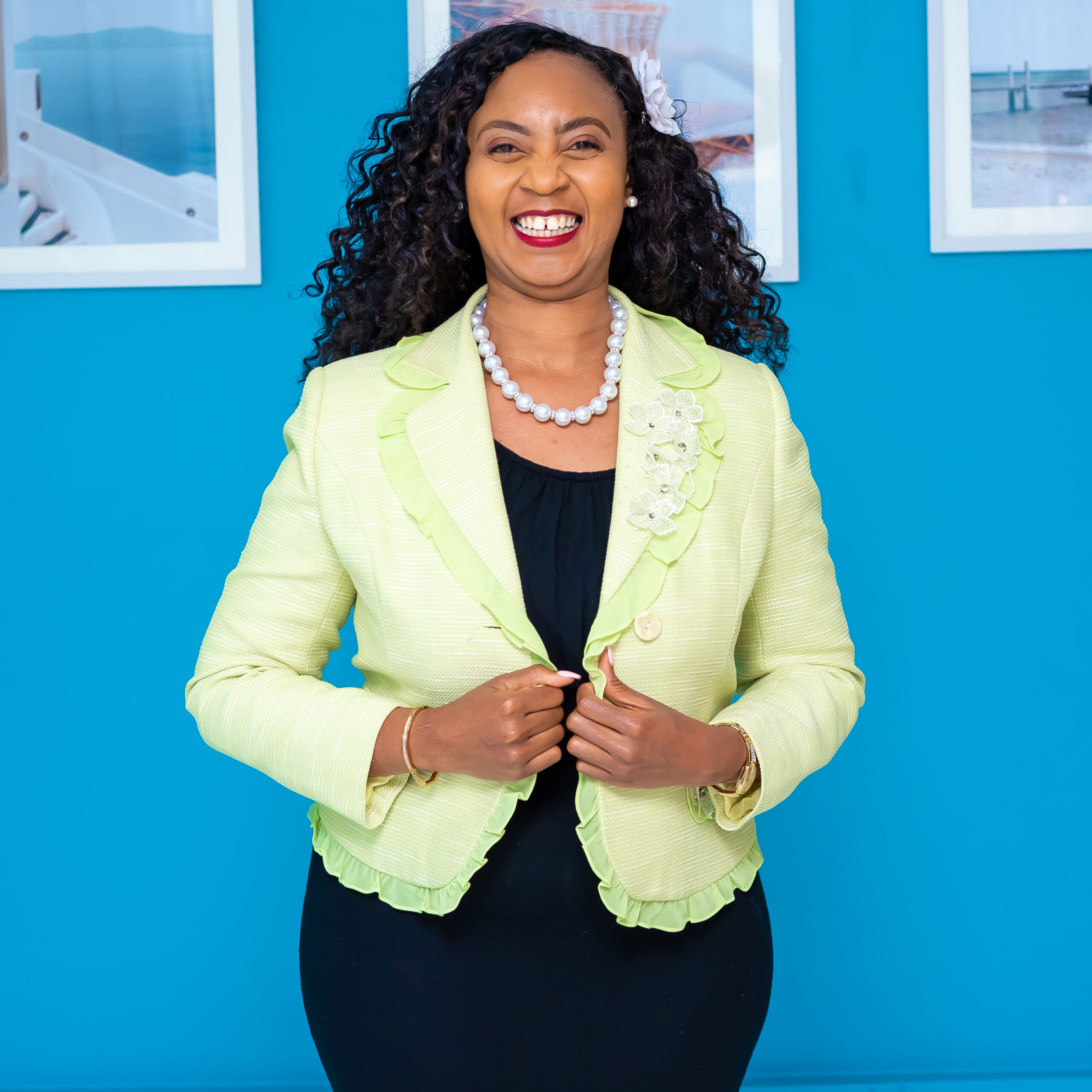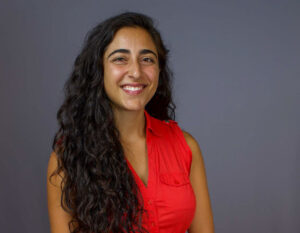Dr. Angela Migowa Is Igniting Hope in Pediatric Rheumatology
Text by Anthony Kuria
anthony@custommediahouse.com
Among medical pioneers, Dr. Angela Migowa stands out as a vibrant thread, weaving together passion, dedication, and an unwavering commitment to the well-being of children with rheumatic diseases. From Nyanza to the global stage, her journey in pediatric rheumatology is a testament to the power of one person’s vision and determination. Through her groundbreaking work with the Pediatric Society of the African League Against Rheumatism (PAFLAR) and the establishment of the Hope Arthritis Foundation, Dr. Migowa has ignited hope for children and families affected by rheumatic diseases. This is the story of a trailblazer who’s transforming lives, one patient at a time.
Dr. Angela Migowa wields a radiant smile that illuminates the lives of those around her with joy, hope, and optimism. The smile is not just a physical expression, it’s a reflection of her soul, a window into the depths of her compassion and the vastness of her love for the children she serves. Her bubbly and affable personality gives the smile more credence.
Born in the village of Gwassi where Kenya, Tanzania, and Uganda converge on the shores of Lake Victoria, Dr.Migowa’s story is that of a pioneer in the field of pediatric rheumatology.
“I grew up in Nairobi, attending Consolata Nursery and Primary School, then Kianda High School, and eventually medical school at the University of Nairobi.”
Her path to medicine was paved with a blend of personal experiences and an innate desire to heal. “My parents tell me that from the age of nine, I would keep saying I will be a doctor,” she recalls.
Her younger brother’s battle with asthma, which saw him frequently hospitalized, further fueled her determination to pursue a career in medicine.
Dr. Migowa’s journey took a pivotal turn during her Master’s in Pediatrics at Aga Khan University when a 12-year-old girl with lupus passed away under her care.
“I was so demoralized and decided then to study the field of medicine that cares for lupus patients. That is how I settled on pediatric rheumatology,” she explains.
Destiny played its part when Dr. Migowa, 41, attended the African Rheumatology Scientific Congress, an event held in her home country, Kenya in 2009. While there, she met Dr. Ines Colmegna, an Argentinian rheumatologist at Emory University, who would become a crucial mentor.
“She maintained email communication with me and eventually linked me up with my future supervisors at McGill University, who helped me apply for a Canadian scholarship to study rheumatology.”
Her time at McGill University was transformative in terms of her medical education and the life lessons she learned.
“It was truly an exemplary model of mentorship and apprenticeship in medicine. The greatest lesson I learned from my Canadian family was ‘Embracing every season of life.’ The Canadians enjoy life irrespective of the season,” she reflects.
Currently pursuing her PhD at the University of Ghent, Belgium, Dr. Migowa’s research focuses on addressing diagnostic challenges for pediatric rheumatic diseases in Kenya.
“My PhD project constantly reminds me that research is about acknowledging we don’t know it all but having the patience and perseverance to pursue the truth. I am always amazed at the patience and guidance of my supervisors, who often see what I haven’t envisioned yet.”
Professional Practice and Achievements
As the founding president of PAFLAR, Dr. Migowa and her peers have made significant strides in advancing the field of pediatric rheumatology in Africa since the organization was established in September 2019.
“During my fellowship, I attended several congresses, and often there would be no mention of Africa. This bothered me because I knew we had pediatric rheumatology patients but needed a systematic way of sharing our experiences.”
Under her leadership, PAFLAR has achieved remarkable milestones, from establishing working groups and launching a Juvenile Idiopathic Arthritis (JIA) registry to conducting successful congresses.
Notably, Dr. Migowa joined her peers for the 2024 annual PAFLAR Congress in Tunis, Tunisia in May.
“It was a dream come true to see Africa unite in its mission to advocate for better care for children with arthritis in the continent. Above all, to see the zeal and passion of the participants and speakers from across the globe irrespective of our diverse backgrounds and cultures was gratifying. I am now convinced more than ever before that the mission shall continue and that is a legacy PAFLAR has established which is now undisputed. Aluta Continua!”
Challenges and Solutions
With only a few pediatric rheumatologists in Africa, Dr. Migowa recognizes the challenges in increasing these numbers.
“Lack of dedicated time and financial resources, cultural perceptions, and balancing family, social, and professional obligations are major challenges,” she notes.
She believes that creating more training opportunities within Africa, so that candidates do not have to leave their support networks, is essential to encouraging more healthcare professionals, especially women, to specialize in pediatric rheumatology.
A Balancing Act
Balancing her demanding professional life with personal commitments is a challenge Dr. Migowa navigates with grace and intentionality. “Self-care is so important. We cannot give what we do not have, so I purpose to rejuvenate myself and refill my cup of optimism, serenity, and energy,” she emphasizes.
Dr. Migowa’s routines include starting her morning with spiritual reading, reflection, prayer, and mass, followed by a visit to the gym before diving into her work. “I also enjoy reading non-medical books and dancing. Music serenades the soul, calms the mind, and energizes the heart,” she adds.
Impact and Vision
Writer, Mark Twain said: “The two most important days in your life are the day you are born and the day you find out why.” Dr. Migowa has already found out her ‘Why’. “I want to build a fully equipped and staffed Center of Excellence for Pediatric Rheumatology Care.”
Her vision is ambitious and inspiring and it has already started taking shape after she established the Hope Arthritis Foundation in July 2022. Since 2023, the Foundation has been training parents/caregivers/guardians, and healthcare workers to identify early signs of rheumatological diseases, and provide education and support to those affected by these conditions through masterclasses and boot camps.
“Knowledge is power. When guardians are empowered, they will know when to come forward for help and what should be done to help their children,” she stresses.
Ever the optimist, Dr. Migowa foresees a future where the field of pediatric rheumatology in Africa will grow exponentially in the next five to 10 years. “Africa shall be the bedrock of innovation, the hub for human resources and skills. PAFLAR will be at the forefront of defining economic, research, and healthcare priorities for pediatric rheumatology patients,” she says.
Her vision of exponential growth is buoyed by the collaborations she has had with international organizations that have put Kenya and Africa on the global agenda of pediatric rheumatology, and she sees these partnerships as crucial for advancing the field in Africa.
“Establishing collaborative partnerships, promoting inclusivity and equity in research, clinical practice, and academia is essential. Trust is the foundation of any successful relationship, whether professional or social,” she affirms.
Innovations and Research
Dr. Migowa is particularly excited about innovations like therapeutic patient education, immune therapies, and immunometabolics.
“Therapeutic patient education allows patients to own their disease and take charge of their management. Immune therapies and immunometabolics hold promise for targeted, precision medicine.”
These advancements are changing the landscape of treatment for pediatric rheumatology. “Faster resolution and control of symptoms is possible. However, blocking specific immune pathways raises questions about the re-emergence of other pathways.”
Recognitions
Being recognized as one of the Top 40 under 40 women by Business Daily Africa has given Dr. Migowa a platform to showcase the importance of pediatric rheumatology and the journey women in academia, science, and health go through.
“It gave me a platform to showcase what pediatric rheumatology is about and the journey women in academia, science, and health go through,” she explains.
She attributes her success to her curiosity, focus, diligence, persistence, patience, and networking skills. “These qualities have been instrumental in my journey and achievements,” she acknowledges.



